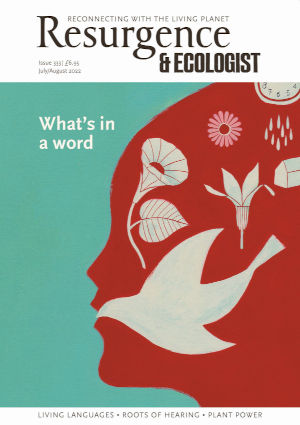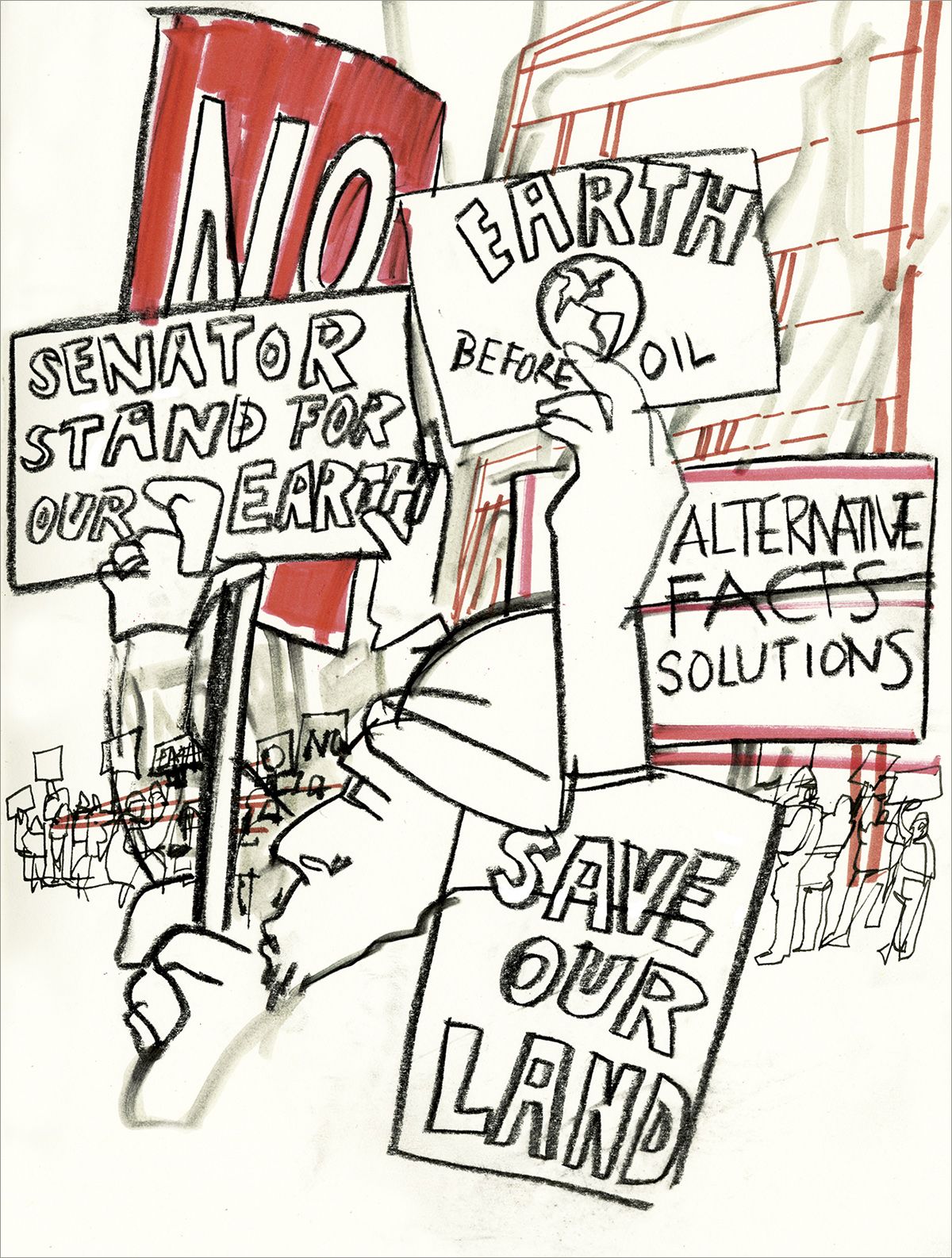“In the twenty-first century, all politics will, in one way or another, be climate politics,” write Sam Moore and Alex Roberts, hosts of 12 Rules for WHAT, a podcast examining the far right, and authors of the previous primer Post-internet Far Right. In the years when climate change wandered in the wilderness, struggling to gain any purchase on the political agenda, such a statement would have been unambiguously welcome. But as our world warms, as climate systems fracture, it is not only the political centre that will be forced to engage with climate change. People may seek “more drastic solutions”. Denialism may be fading as both the science and the weather become ever more alarming, but denialism will not be the far right’s last word on the environment. It is in times of crisis that fascism finds a foothold.
There has long been a vein of far-right ideology running through the politics of Nature. It is found in Thomas Malthus’s early-19th-century racist warnings of an overpopulated future; in the colonial mindset of the degeneracy of the tropics and its people; in the dispossession of Indigenous lands to clear the way for the first national parks in the US. The Nazis conflated Nature and eugenics with their slogan “Blood and soil”, a phrase recently repurposed by white supremacists in the US, while Oswald Mosley’s British Union of Fascists envisioned a healthy countryside and organic food as synonymous with a racially pure people.
The authors trace the lineage of these ideologies into the present. How is it, say, that France’s National Rally, fronted by Marine Le Pen and at the time of writing closer to power than at any point in its history, can claim that “the best ally of ecology is the border”? Someone “rooted in their home is an ecologist”, extrapolated Le Pen, whilst nomadic people “do not care about the environment”. This fear, and subsequent eradication, of the Other has forever provided the narrative for fascism, a narrative now being retold for the 21st century through the lens of climate change. It is told using the spectre of climate refugees (even though most climate refugees move within their own countries), told through the claim that the planet cannot support the burden of its population (whereas it is the consumption of a wealthy minority that is driving climate change), and that there is a lack of available resources (yet distribution is the problem). The danger is that as climate change poses an ever more existential threat, as global situations become increasingly complex, growing numbers will be driven towards a politics that claims to provide a simple solution through authoritarian regimes and hard borders enforced through violence.
The book ranges widely because the far right does too, from individual terrorists and the fringes of the internet to mainstream political parties. With such heterogeneous groups, often at odds with each other, it can be hard to see where a unifying movement might come from, but the writers chart various possible futures towards how a true, unifying ecofascism might evolve. Such scenarios could develop not only through doubling down on denialism, but also in situations where mitigation is taken seriously, but in such a manner as to further deepen global inequalities. It is for this reason, the authors argue, that the only true way to battle the creep of ecofascism is to prioritise climate justice above all else, standing in solidarity with those who will be most impacted. Anything less is to cultivate the ground for a future that no one should want to be a part of.







